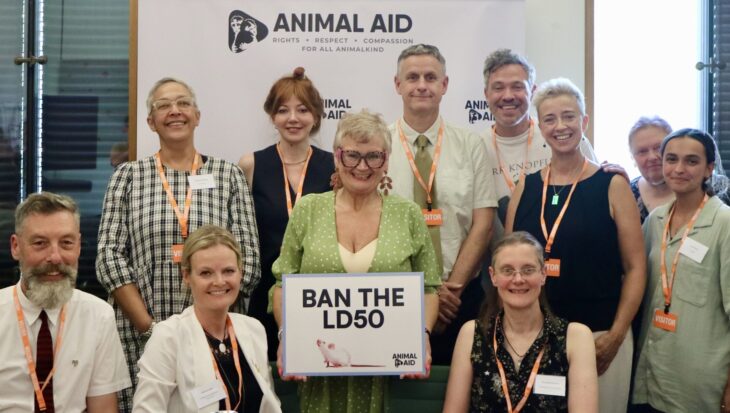This is only the beginning. Latest studies predict that the average global temperature will rise up to an unprecedented 6 degrees centigrade by 2100. Carbon dioxide levels will double in the same period. The consequences – according to the World Wide Fund for Nature – will be ‘increased rates of habitat loss and species extinction’ with the potential loss of one third of the earth’s natural habitat. Greenpeace estimates that the vast majority of the Great Barrier Reef (the world’s largest coral reef) will be dead in around 30 years, with most other coral reefs eliminated by 2100. Within the same timespan, up to 65% of the northern coniferous forests (which represent one third of the earth’s forest), covering large areas of Canada, Northern Europe and Northern Asia, may disappear. Many species, including the Siberian tiger, Canada lynx, beaver, black and grizzly bears, moose, weasel, stoat, pine marten and numerous kinds of bird will be threatened by loss of habitat.
Potentially even more catastrophic is the projected melting of sea-ice in the Arctic. Ice will become much thinner in winter and non-existent in summer. This could be fatal to many animals, including several species of seal, polar bears and walruses (who use sea-ice as a ledge from which to fish).
Other climatic developments are less certain, though it is likely that rainfall will decrease in areas where it is already low, causing deserts to spread and become hotter (and consequently less able to sustain life). Low-lying areas vulnerable to rising sea levels are particular at risk from flooding. Storms and hurricanes may become more frequent and violent. Wild animals will have difficulty adapting to the predicted rapid changes.
Global warming is the greatest single environmental threat to both humans and other animals. While it is now too late to prevent its significant impact upon the planet, the slim hope is that there is still time to slow down some of the effects by reducing greenhouse gas emissions. Here are a few steps you can take.
Action
Political Action
- Write to Tony Blair, urging the UK government to ratify the Kyoto Protocol – the agreement among industrialised nations to reduce greenhouse gas emissions, from which George Bush has shamefully withdrawn on the grounds that it will hamper US industry. Also urge him to commit the UK to an 80% reduction in output from 1990 levels by the year 2050; and to increase investment in renewable energy sources such as wind, wave and solar power.
- Join the boycott of Esso petrol. Esso is a massive financial supporter of George W. Bush and its influence is thought to be a significant factor in the US refusal to sign the Kyoto Protocol.
- Write to Margaret Beckett, Ministry of Rural Affairs, urging policies to increase the UK’s mixed native woodland cover, at least to the European average of 25%. As well as protecting wildlife habitat, forests have a key role to play in the battle against global warming. Trees absorb carbon dioxide (CO2 constitutes 700f greenhouse gases), using it for energy and building up structures.
Personal Action
- Help cut down carbon dioxide emissions by endeavouring to save energy in your everyday life. Drive the car less – cycle, walk or use public transport whenever possible. Introduce home insulation; favour low-energy light bulbs; use efficient domestic appliances; turn off lights, TVs etc when not in use; keep heating at lowest comfortable levels, recycle, etc.
- Boycott non-sustainably produced tropical timber products. Tropical rain forest destruction is a major source of the CO2 released into the atmosphere.
- One of the least-publicised advantages of a vegetarian diet is that it takes less energy to produce food and therefore naturally produces less greenhouse gasses. In particular, the world’s cattle population of more than 1.3 billion contributes in excess of 120f methane output. Methane is the second most significant greenhouse gas, responsible for roughly 18% of total emissions and is considerably more potent than CO2.
- Support locally grown produce wherever possible, thereby reducing transportation of goods.

